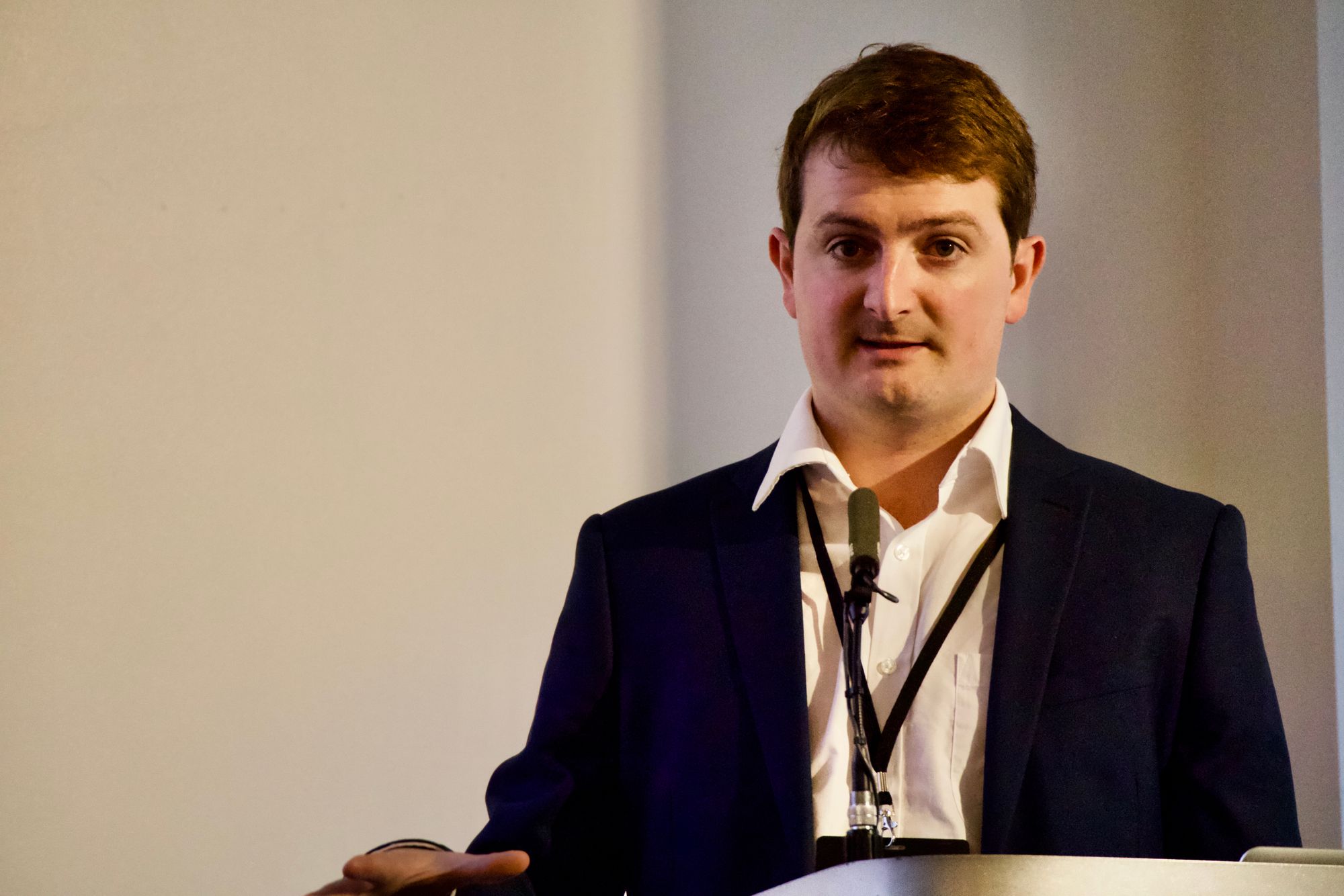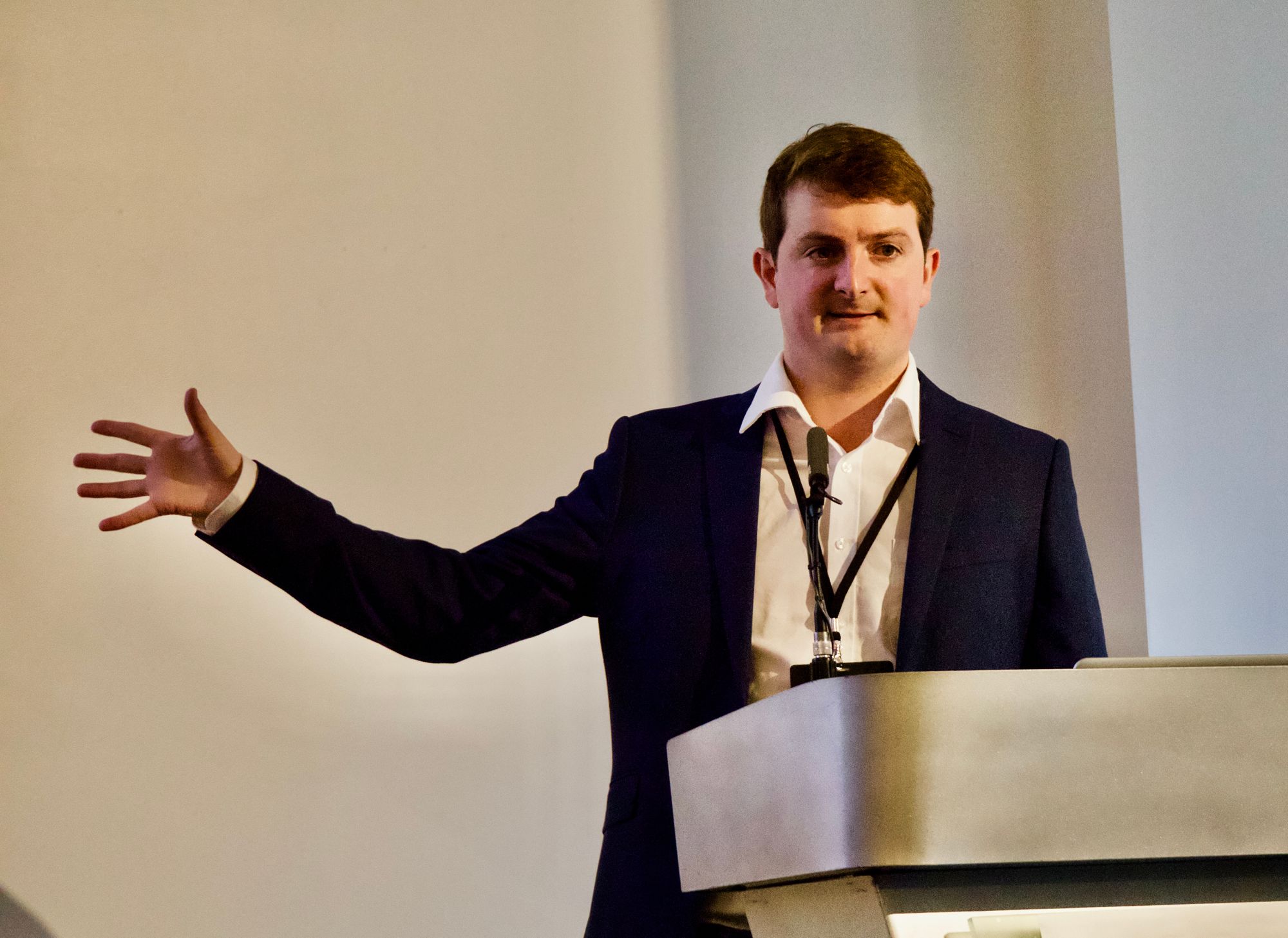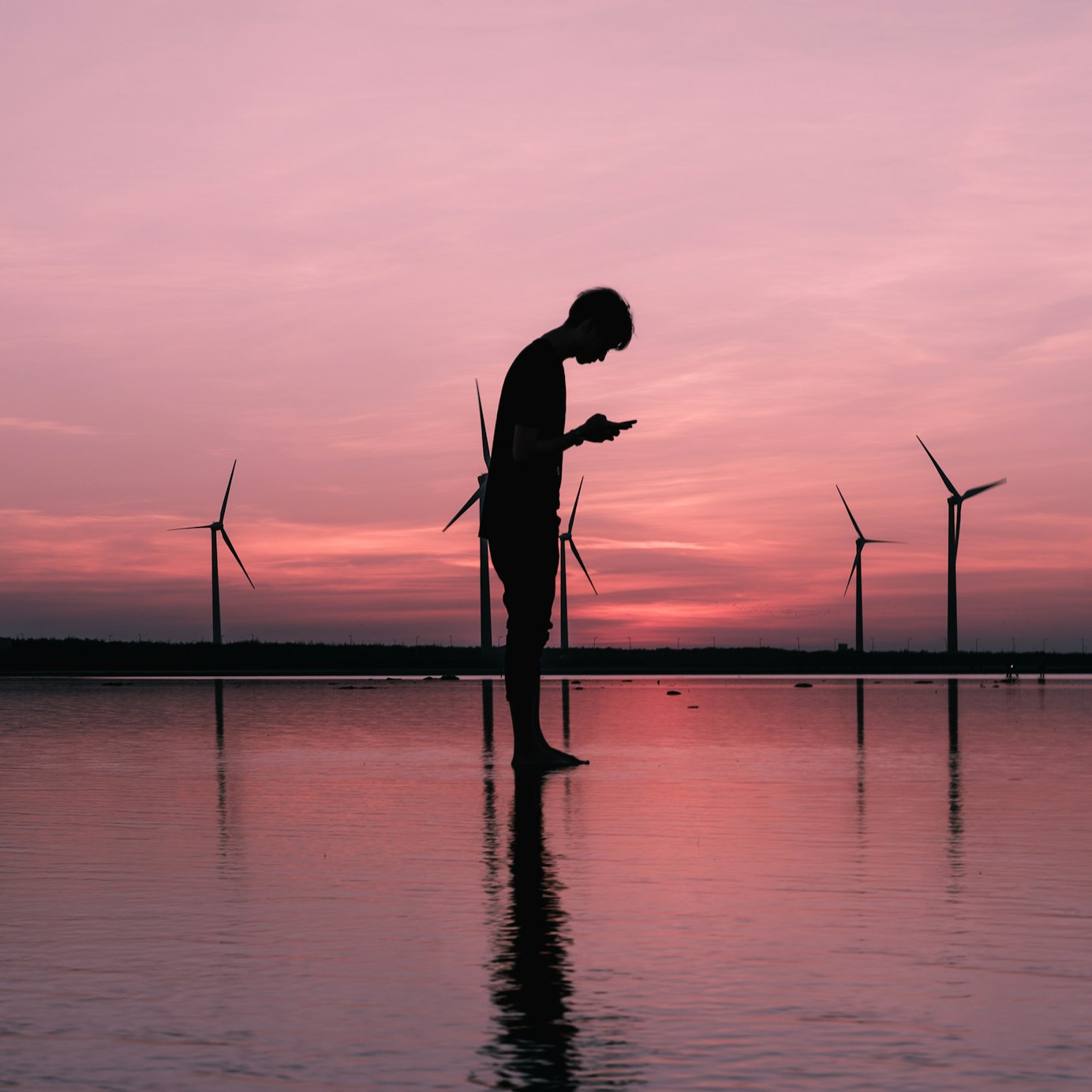
Covering Climate Now: what we can learn from a week of focused climate crisis reporting
The Columbia Journalism Review’s Jon Allsop talks through the key learnings of a major project to improve climate reporting that involved over 300 news organisations.
Jon Allsop works for the Columbia Journalism review. He gave a talk to the News Impact Summit in Birmingham on the Covering Climate Now project.
Warning: liveblogging. Prone to error, inaccuracy and howling crimes against grammar and syntax. Posts will be corrected and updated in the coming days.
CJR has partnered with The Nation and The Guardian to work on a project called Covering Climate Now. They came up with a set of core principles to lead climate reporting forward.
✅Follow the leaders
— European Journalism Centre (@ejcnet) October 7, 2019
✅Don’t blame the audience, and listen to the kids
✅Establish a diverse climate desk, but don’t silo climate coverage
✅Learn the science
✅Don’t be afraid to point fingers
Some of the origins that @CoveringClimate were based on, says @jon_allsop at #NISBHX. pic.twitter.com/YwgrJEF1SG
"Don't be afraid to point fingers." Very important message delivered by @Jon_Allsop on how we should report on climate change with a view to making a difference! #NISBHX #BCUjournos
— Amy Reast (@amy_reast) October 7, 2019
They launched with a focused week of coverage - from 15th to 23rd September 2019 - to lead into the UN Climate Change Summit. The wanted to partner with as many news organisations as they could. They had take-up from news agencies, TV networks, newspapers and magazines. They also worked with individual experts. They ended up with over 300 partners.
The partners leant into their specialities - for example, Bloomberg looked at climate change and retirement. They also took tangential takes - like the Daily Beast covering the idea that climate change activists aren't using the right language to talk to Christians.
The Key Lessons for Climate Change reporting

1. "We don't know where to start"
Some major news organisations genuinely don't know how to get started with this sort of reporting. How can we help equip them?
2. "Our viewers will think we're activists"
A particular challenge for some TV networks, and the US in particular, is the idea that reporting these issues accurately looks like advocacy. That's a function of a particular political moments - but can we resist the pressure from a reactionary audience?
3. "It's too late; the problem is too big for us to make a difference."
Journalisst like making a difference. This is both stupid AND wrong, according to science.
4. "Readers will find this depressing and tune out."
Maragret Sullivan said that climate change is a fantastic story and if you can't tell it, you shouldn't be a journalists.
5. "We're already pulling our weight."
OK. But could you share your practices and help others do better on this?
There is a perspective that it's a rating killer - that hasn't proved to be the case. Climate change is now more searched on Google than climate change.
...Like a good journalist, I checked this claim. Worldwide, Google Trends data confirms searches about climate change are at a 5-year peak https://t.co/SfLUvx66l9 - but that varies from country to country https://t.co/Fxq46FBmuT #NISBHX pic.twitter.com/NpmtDeguvQ
— Paul Bradshaw (@paulbradshaw) October 7, 2019
Read more about Covering Climate Now.
Sign up for e-mail updates
Join the newsletter to receive the latest posts in your inbox.










